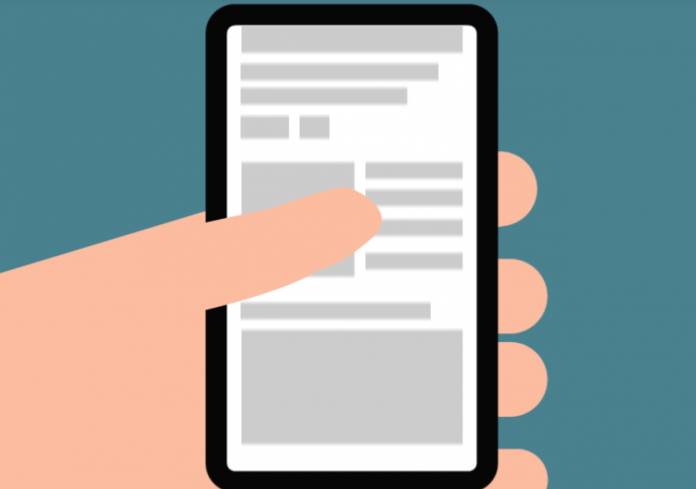
If you’ve been having trouble weaning yourself away from specific apps on your phone, this is something that’s not accidental or unique to you. Companies like Facebook, YouTube, and basically almost any app there are designing their apps to keep you there longer through their UI or design or even incentives. U.S Senator Josh Hawley is now sponsoring a bill that would curb those kinds of business practices and give us all a chance to live a balanced, “normal” life away from our phones.
According to an article on The Verge, the bill is called the Social Media Addiction Reduction Technology Act or the SMART Act. Basically it will tell businesses that they can no longer put features or design that are intentionally keeping people on their platforms. This includes endless scrolling features on Facebook, autoplay feature on YouTube, and Snapstreaks on Snapchat. Things like these have been proven to cause addictive behaviour not just with young people but even with (and sometimes even more so) the adults themselves.
Senator Hawley said that the “innovation” that businesses are bringing to the market aren’t really to create better products but rather they’re using “psychological tricks” to keep people’s attention. Some of the things the bill will bring is to have the accept and decline checkboxes in the same font and the same size so that users can make more informed decisions. It will supposedly prevent companies from manipulative behaviour that is not contributing to our wellbeing.
If the bill is approved, the Federal Trade Commission and the Health and Human Services can create similar rules and implement them for three years. But it’s also possible that the U.S Congress can make it into law and make it permanent of course. If that comes to that, social media companies will be required to have tools like app usage tracking across all devices so that they can help users see if they’re spending too much time there.
Google recently introduced the Digital Wellbeing section for Android devices although currently it’s only available for limited devices. Even if the bill isn’t approved, this is something that would be beneficial in the long run for tech companies to have.









